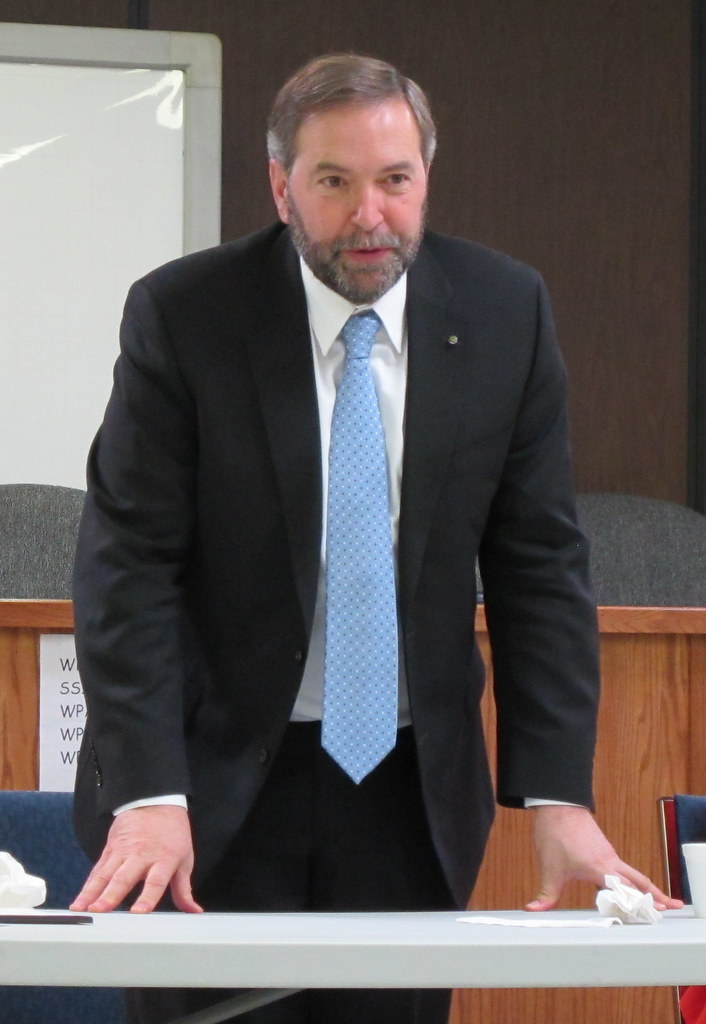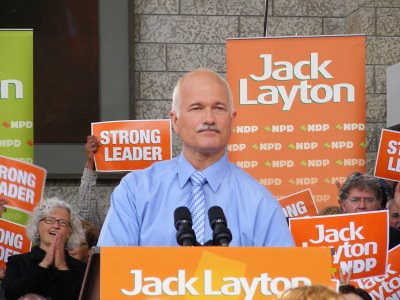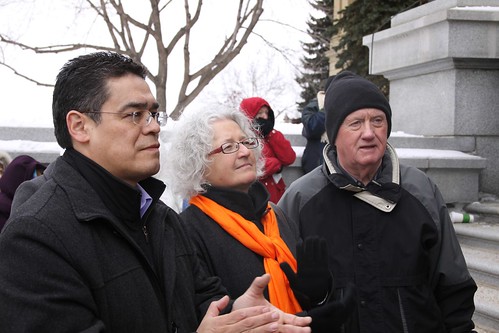Around 1:30 am on May 2, 2011, I returned to Edmonton after spending a month travelling across the vast continent of Australia. That day also happened to be Election Day in Canada. On a social media detox while I was out of the country and suffering from severe jet lag from the moment I returned, I missed and was near oblivious of the phenomenon that had become known as “the Orange Wave.”
That night, as I watched election results come in from across Canada, I felt like I had returned to a different country. The Conservative Party won a majority government, the official opposition Liberal Party collapsed, the Bloc Quebecois almost vanished off the electoral map, the Green Party elected its first Member of Parliament, and candidates from Jack Layton‘s New Democratic Party were elected in more than one hundred constituencies and for the first time formed the Official Opposition in Ottawa.
To magnify the degree of how out of the loop I was at the time, I fall into a category with an incredibly small fraction of Canadians who voted for the NDP in the 2006 and 2008 elections, but cast their ballot for the Liberal candidate in 2011 (also known as the “Liberal Back Eddy of 2011“). This choice had little to do with Michael Ignatieff and nearly everything to do with the hard-working and very-likeable local Liberal candidate, Mary MacDonald.

Yesterday, Thomas Mulcair was chosen to lead the NDP Official Opposition in Ottawa. Having had the opportunity to meet the three leading candidates – Mr. Mulcair, Brian Topp, and Nathan Cullen – I was impressed with the quality of leadership candidates that members of the NDP had to choose from. In January of this year, I met Mr. Mulcair while he was visiting Edmonton. At the time, I wrote that:
I was not sure what to expect from his talk, but I found myself pleasantly surprised with Mr. Mulcair’s ability to offer intelligent pragmatic social democratic answers to a crowd consisting of committed leftists was both impressive and sometimes brave.
As a centre-leftish voter, I am looking for a party that will put forward a forward-looking progressive agenda for Canada, which should not be confused with the tired traditional partisan socialist dogma (referred to by some as the Church of the NDP). As an outsider to the NDP, I have found Mr. Mulcair’s ability to challenge those traditional positions encouraging and I recognize that it may be one of his largest challenges from inside his own party’s ranks.
Western Canada is becoming the country’s economic leader. As a Quebec MP, Mr. Mulcair should try to avoid being sucked into the traditional eastern Canadian “father knows best” attitude around economic development. Mr. Mulcair should also try to avoid being caught in the Conservative Party trap that would have any criticism or suggestion of deviation from our current resources extraction methods labelled as “anti-Albertan.” (Stephen Harper‘s Conservative Party has already released talking points to be used against Mr. Mulcair).
Mr. Mulcair and all of the NDP Members of Parliament from central and eastern Canada should consider travelling west and knocking on some doors during Alberta’s upcoming provincial election. Their provincial cousins will undoubtably appreciate the help and it may give those MP’s a better idea of what real Albertans, not just their Conservative politicians, are actually thinking.











